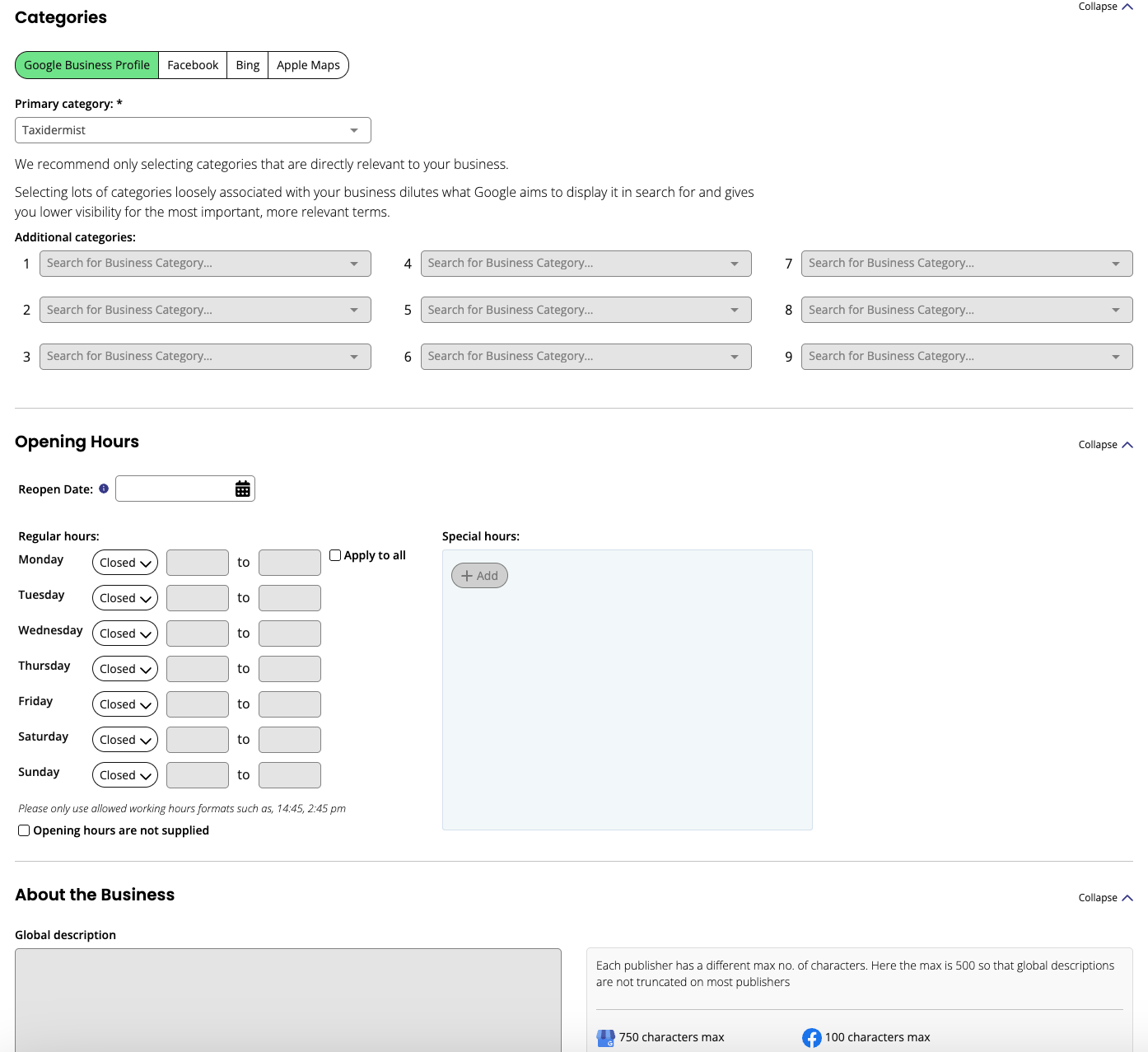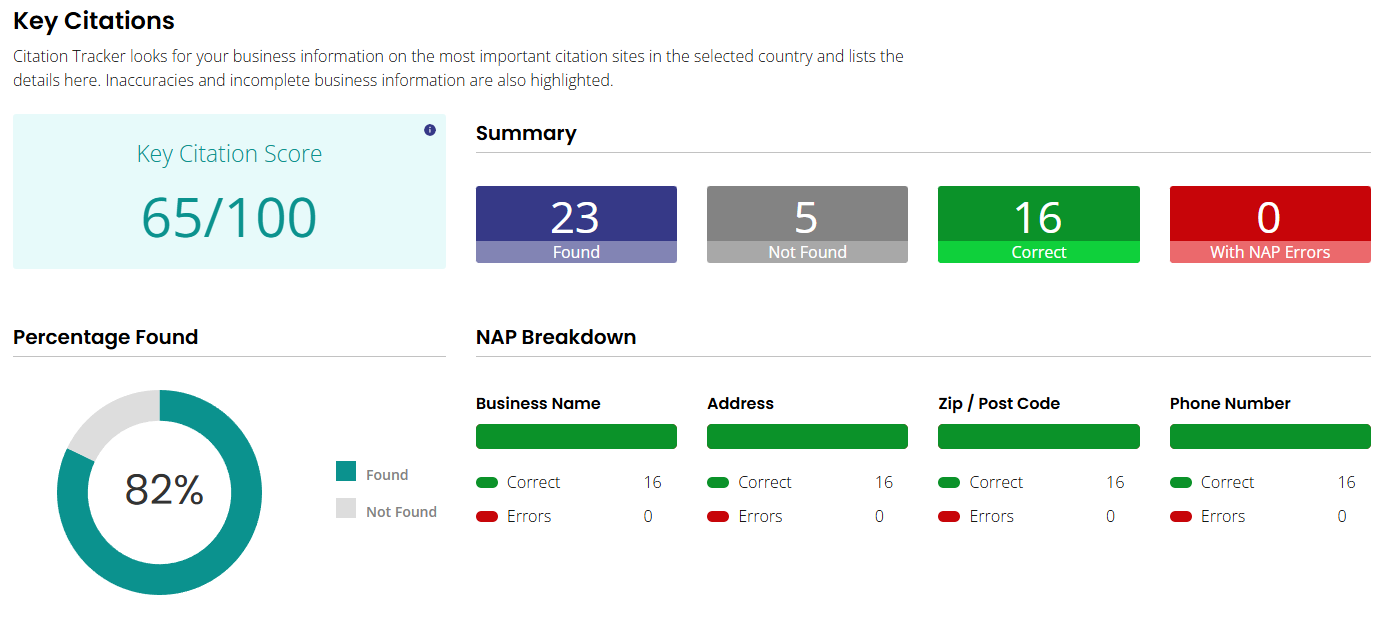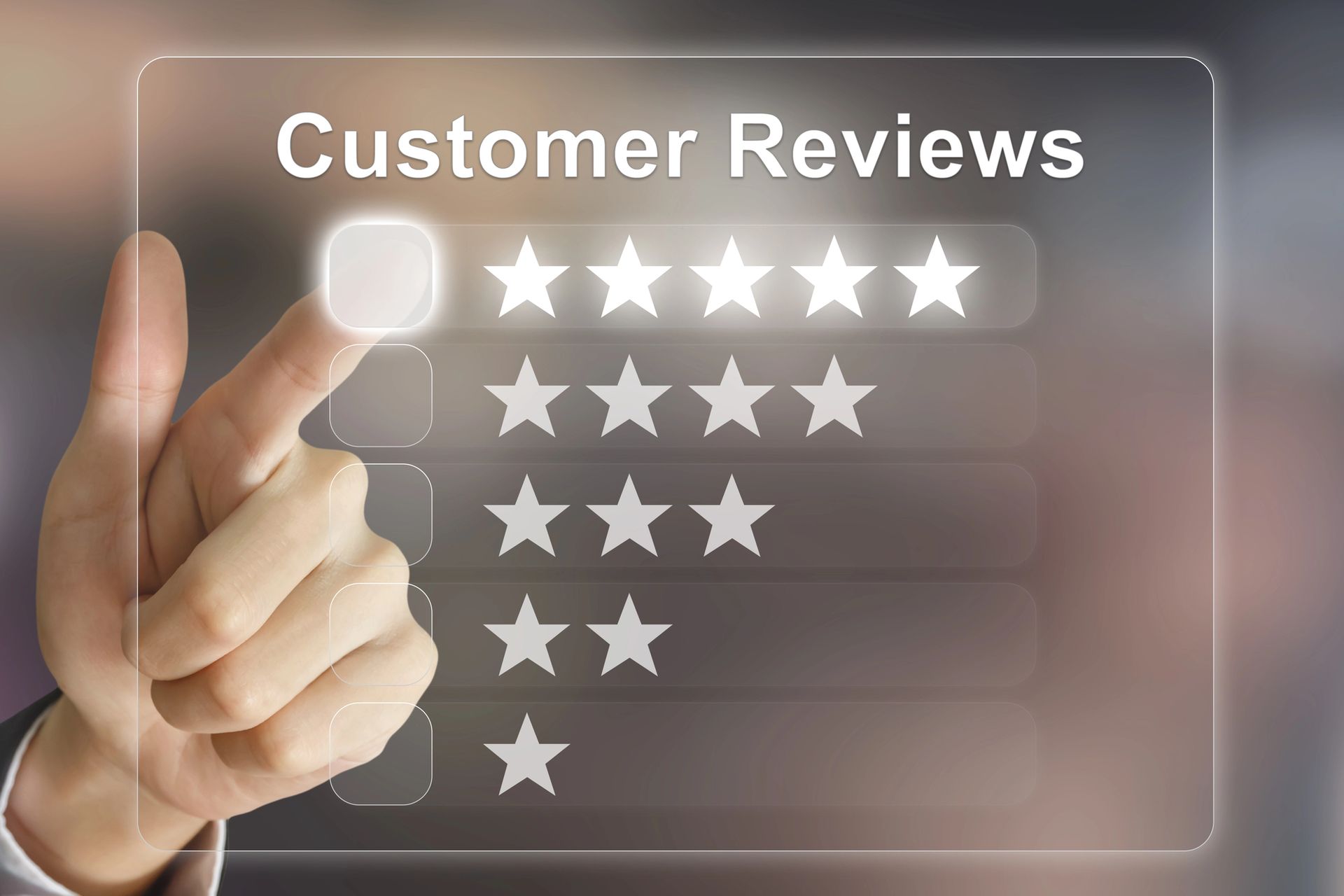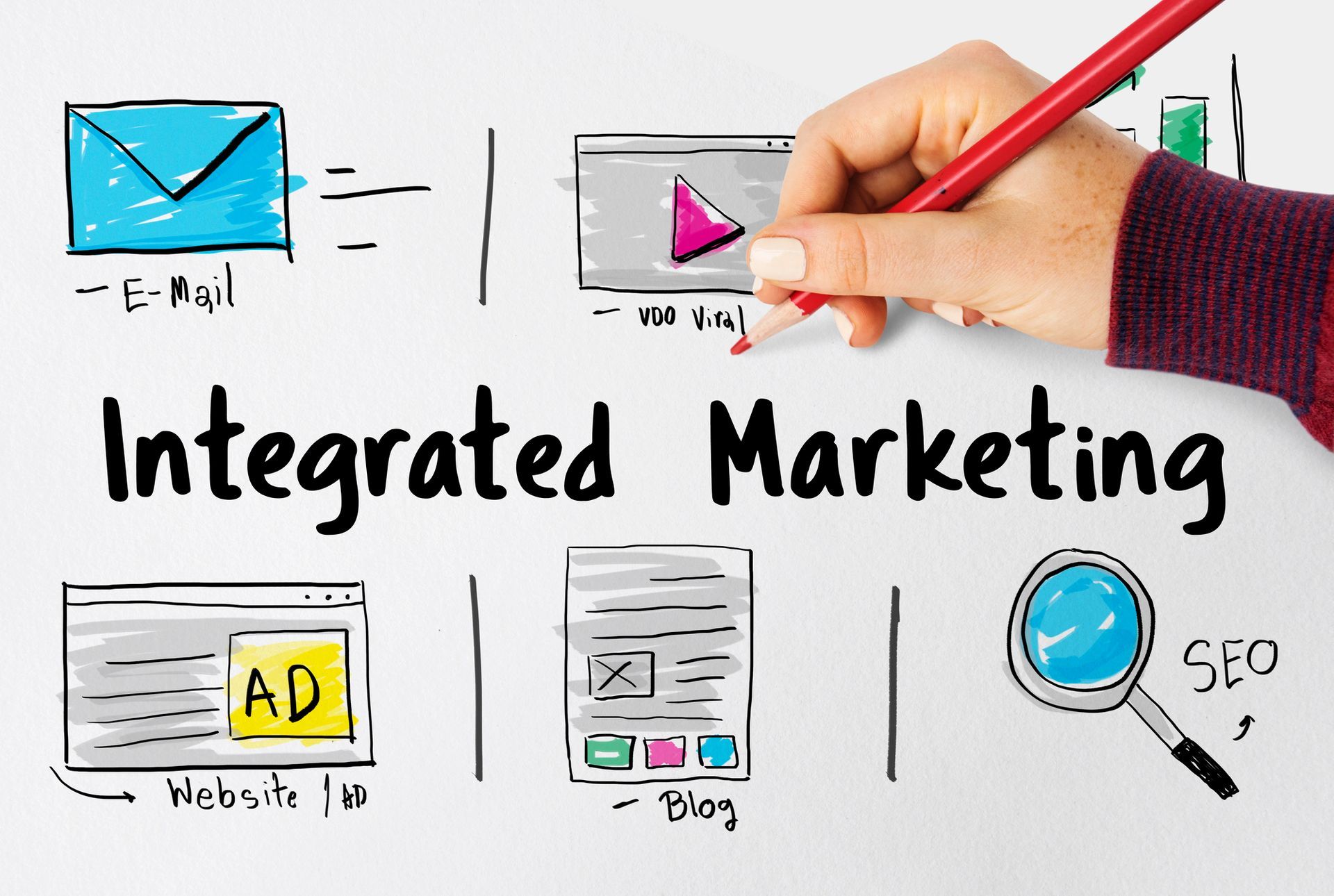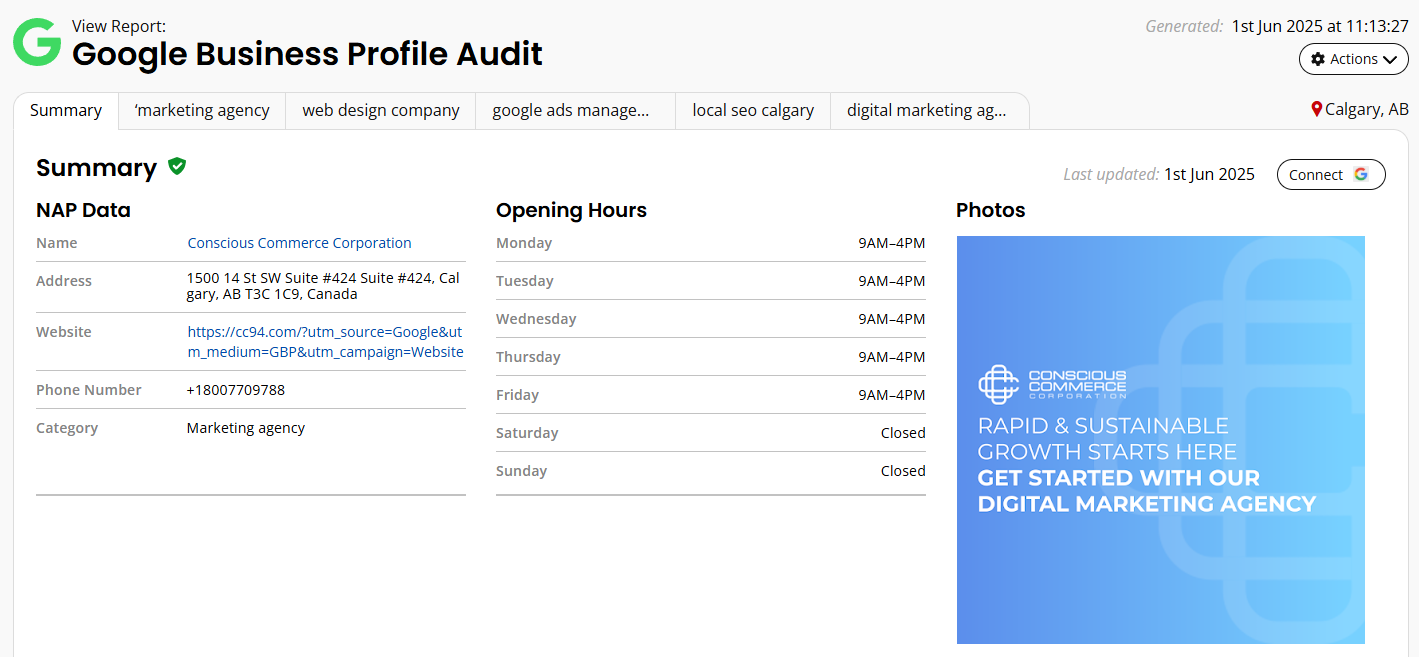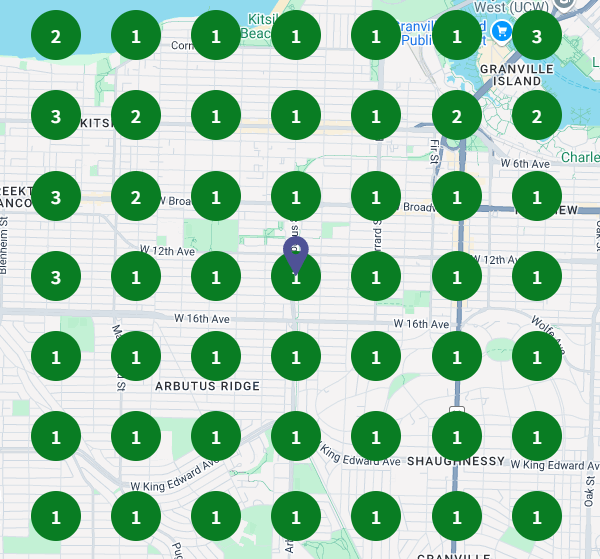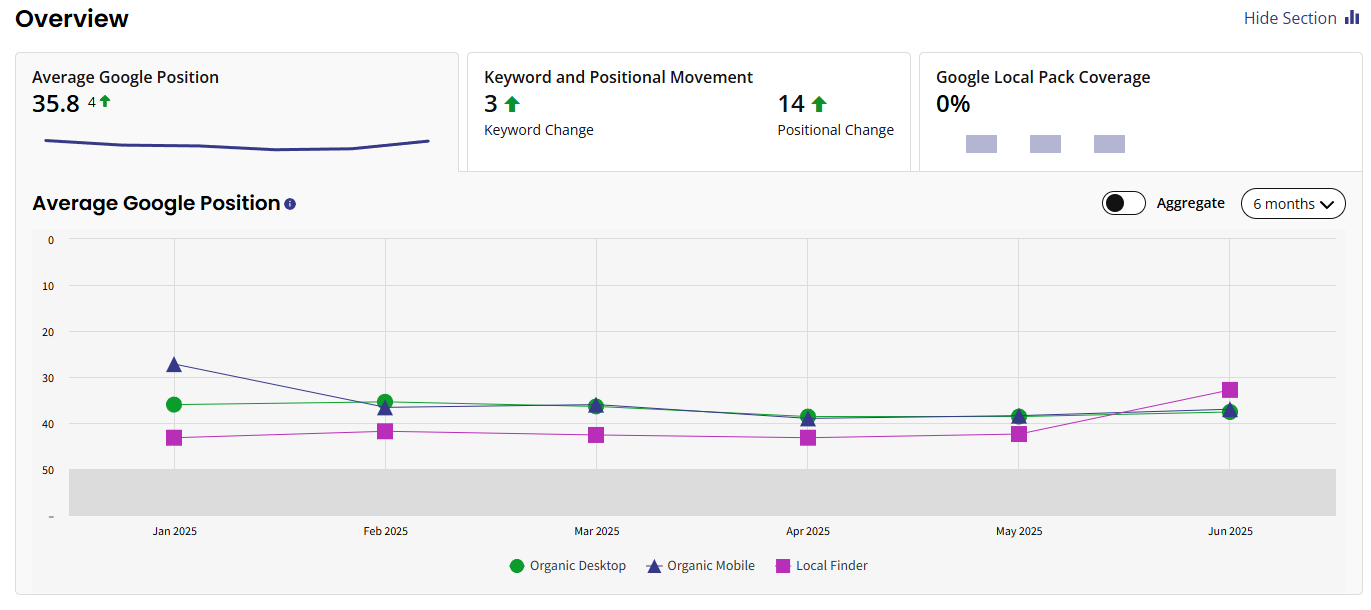Eagle Insights: Leveraging Happiness for Business Excellence
In the dynamic realm of business, the pursuit of happiness isn't merely an abstract concept—it's a strategic imperative. Drawing inspiration from the Eagle archetype, which embodies values of freedom, vision, and enlightenment, businesses are discovering the transformative power of happiness in driving organizational success. In this comprehensive guide, we'll explore the multifaceted impact of happiness on business outcomes and delve into practical strategies for fostering a happy and productive work environment. Keep reading to discover the boundless possibilities of happiness-driven success.

What is Happiness as a Value & How Does it Impact Your Business?
The value of happiness in business transcends mere emotion; it's a powerful catalyst for organizational success, impacting various facets ranging from employee productivity to customer satisfaction. Prioritizing happiness as a core value can lead to substantial benefits across various aspects of a business.
Boosting Productivity
Happy employees are more engaged and productive. A University of Warwick study found they are 12% more productive than their unhappy counterparts, leading to improved efficiency and profitability.
Enhancing Customer Experience
Happy employees create positive customer interactions, increasing satisfaction and loyalty. Pleasant employee-customer interactions encourage repeat business and recommendations.
Fostering Innovation
A positive work environment encourages creativity. Happy employees are more likely to innovate, developing new products and processes that give businesses a competitive edge.
Reducing Turnover
Prioritizing employee happiness reduces turnover, saving recruitment and training costs while retaining valuable knowledge within the company.
Building Brand Image
Businesses known for valuing happiness attract top talent and loyal customers, enhancing their reputation and standing out in the marketplace.
How Can You Foster a Happy Business Environment?
To harness the benefits of increased productivity, enhanced customer satisfaction, and improved employee retention, businesses must actively create a culture that supports and nurtures employee well-being. Here are some strategies you can use to increase overall happiness within your business:
- Continuous Training and Development: Invest in ongoing learning opportunities to help employees grow and advance in their careers.
- Recognition and Appreciation: Regularly acknowledge and reward employees for their hard work and achievements.
- Support During Stressful Times: Offer assistance and resources to help employees manage stress effectively.
- Constructive Response to Mistakes: Provide guidance and support when mistakes occur, focusing on learning and improvement rather than reprimanding.
- Flexible Working Arrangements: Allow for flexible hours or remote work options to accommodate employees’ needs.
- Regular Well-Being Check-Ins: Frequently check in on employees’ well-being and address any issues promptly and without assigning blame.
What Archetype is Related to Happiness & Why?
The Eagle archetype is often linked with the value of happiness due to its embodiment of freedom, vision, and enlightenment—qualities that are intrinsically connected to a state of well-being and fulfillment. The Eagle, with its commanding presence and expansive view, serves as a powerful symbol for achieving happiness in both personal and professional realms.
Eagles are renowned for their exceptional vision, which allows them to see four to eight times better than humans. This superior eyesight translates into the ability to perceive the broader landscape from high altitudes, enabling them to identify opportunities and threats with unparalleled clarity. In the context of business, adopting the Eagle’s perspective means cultivating the ability to see the bigger picture. This broader viewpoint helps leaders and employees alike to focus on long-term goals and overarching strategies rather than getting bogged down by minor details and day-to-day stressors.
By maintaining this elevated perspective, individuals in a business setting can achieve a sense of equilibrium, staying calm and composed even when faced with challenges. This approach not only reduces stress but also fosters a more positive and proactive mindset, essential components of happiness. Moreover, the Eagle’s association with freedom emphasizes the importance of autonomy and empowerment in the workplace. When employees feel free to innovate and take ownership of their roles, their job satisfaction and overall happiness significantly increase.
Enlightenment, another attribute of the Eagle, encourages continuous learning and growth. Businesses that promote a culture of development and self-improvement mirror the Eagle’s journey towards higher understanding and wisdom. This commitment to personal and professional growth not only enhances individual happiness but also contributes to the collective success of the organization.
In essence, embracing the Eagle archetype in business means fostering a work environment that values vision, freedom, and enlightenment. By doing so, companies can create a culture that not only drives success but also nurtures the happiness and well-being of its employees.
Which Digital Marketing Channel is Related to Happiness & The Eagle?
With the greatest average ROI -
approximately $38 revenue for every $1 spent - it is obvious why email marketing is still the most heavily used digital channel. When aligned with the Eagle archetype, and embodying the value of happiness this powerful marketing tool can effectively enhance business success and promote a positive customer experience.
Like the Eagle's superior vision, a well-crafted
email marketing strategy offers a comprehensive view of customer engagement through data analytics and insights. This macro perspective helps tailor campaigns to meet specific customer needs, ensuring relevant and impactful communications. The direct nature of email marketing also empowers personalized experiences, fostering a sense of personal connection and trust, which enhances customer satisfaction and loyalty.
Additionally, email marketing mirrors the Eagle's pursuit of enlightenment by offering continuous learning and improvement through A/B testing, feedback loops, and
performance metrics. This iterative refinement process ensures marketing efforts evolve to better serve the audience. Automated campaigns and personalized workflows streamline communication, reducing stress and enhancing productivity. By simplifying processes and supporting a balanced work environment, email marketing contributes to the overall happiness of both the business and its customers.
Ready to prioritize happiness in your business and unlock its full potential? Let's discuss how you can implement these strategies in your organization.
Book a call with us today to get started on the journey towards a happier and more successful business.
